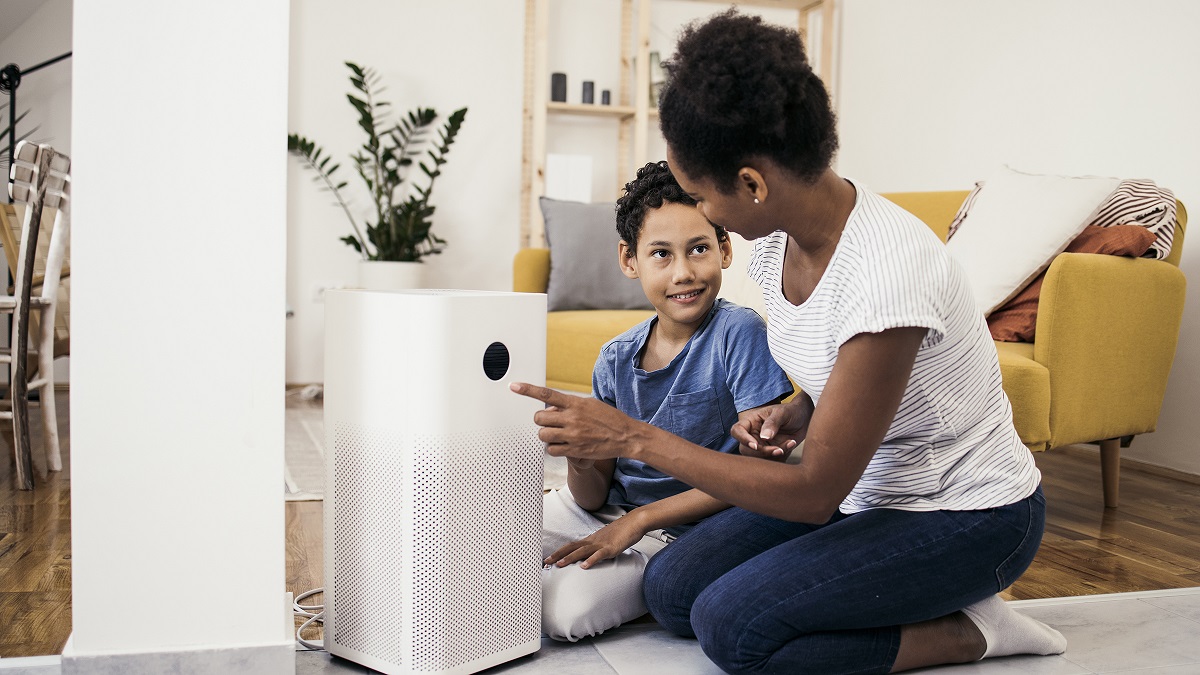

Articles
Why Use An Air Purifier
Modified: January 19, 2024
Discover the benefits of using air purifiers for cleaner and healthier air. Read our informative articles on how air purifiers can improve your indoor air quality and alleviate respiratory issues.
(Many of the links in this article redirect to a specific reviewed product. Your purchase of these products through affiliate links helps to generate commission for Storables.com, at no extra cost. Learn more)
Introduction
Indoor air quality is a growing concern for many people, especially those who suffer from allergies, respiratory issues, or live in areas with high pollution levels. The presence of pollutants such as dust, pollen, pet dander, mold spores, and volatile organic compounds (VOCs) can significantly impact our health and well-being. This is where air purifiers come in.
An air purifier is a device that helps improve indoor air quality by removing harmful particles and pollutants from the air. It works by trapping these contaminants through various filtration methods, such as HEPA (High-Efficiency Particulate Air) filters, activated carbon filters, and ionizers. The purified air is then released back into the room, resulting in cleaner and fresher air to breathe.
In this article, we will explore the benefits of using an air purifier, how they improve indoor air quality, the different types available, considerations for choosing the right one, common misconceptions, and maintenance tips.
So, if you’re ready to take a deep breath and discover why an air purifier is a worthwhile investment, let’s dive in!
Key Takeaways:
- Breathing cleaner air with an air purifier can reduce allergy symptoms, improve sleep quality, and enhance productivity, creating a healthier and more comfortable indoor environment for you and your loved ones.
- Understanding the different types of air purifiers, addressing common misconceptions, and practicing regular maintenance can help you make an informed decision and enjoy the benefits of cleaner, fresher, and healthier air.
Read more: How To Use Air Purifier
Benefits of Using an Air Purifier
Using an air purifier can provide several significant benefits for both your health and overall well-being. Here are some of the key advantages:
- Cleaner Air: The primary benefit of an air purifier is that it helps to clean the air in your indoor environment. It effectively removes pollutants such as dust, pollen, pet dander, and mold spores, reducing the risk of allergic reactions and respiratory issues.
- Reduced Asthma and Allergy Symptoms: For individuals suffering from asthma or allergies, an air purifier can be a game-changer. By eliminating airborne irritants, it can help alleviate symptoms such as coughing, wheezing, sneezing, and itching.
- Improved Sleep: Breathing in clean air can have a direct impact on the quality of your sleep. With an air purifier, you can create a cleaner and healthier sleep environment, reducing the presence of allergens or other irritants that can disrupt your sleep patterns.
- Odor Elimination: Air purifiers equipped with activated carbon filters can help eliminate unpleasant odors from your indoor space, such as cooking smells, pet odors, or smoke. This is particularly useful in kitchens, pet-friendly households, or for individuals who are sensitive to strong odors.
- Protection Against Airborne Germs: Air purifiers with UV-C technology or germicidal filters can help reduce the spread of airborne bacteria and viruses. This is especially beneficial during cold and flu seasons or in households where individuals are more vulnerable to infections.
- Improved Productivity: Breathing in clean air can enhance focus, concentration, and overall productivity. By reducing the amount of indoor pollutants, an air purifier creates a healthier and more pleasant work or study environment.
These are just a few of the many benefits of using an air purifier. By investing in one, you can create a healthier, cleaner, and more comfortable indoor environment for yourself and your loved ones.
How Air Purifiers Improve Indoor Air Quality
Air purifiers work by employing various filtration methods to remove pollutants and improve the quality of the air in your indoor environment. Here’s how they accomplish this:
- HEPA Filtration: Many air purifiers feature High-Efficiency Particulate Air (HEPA) filters. These filters are capable of capturing particles as small as 0.3 microns with a 99.97% efficiency. This includes common allergens like pollen, dust mites, and pet dander, as well as fine particles such as smoke and airborne bacteria.
- Activated Carbon Filters: Air purifiers equipped with activated carbon filters are effective at trapping odors, gases, and VOCs. The activated carbon works by chemically adsorbing these molecules, effectively removing the unpleasant smells and potentially harmful gases from the air.
- Ionizers: Ionizers release negatively charged ions into the air, which attach to positively charged particles like dust, pollen, and pet dander. This causes these particles to cluster together, making them larger and easier to capture in the air purifier’s filters or cause them to settle on surfaces, removing them from the air you breathe.
- UV-C Technology: Some air purifiers incorporate Ultraviolet Germicidal Irradiation (UV-C) technology. This technology uses short-wavelength ultraviolet light to deactivate and kill bacteria, viruses, and other microorganisms present in the air, providing an extra layer of protection against airborne pathogens.
- Pre-Filters: Many air purifiers come with pre-filters designed to capture larger particles like dust and pet hair. By removing these larger particles before they reach the main filters, pre-filters help to prolong the life and effectiveness of the other filters.
By combining these filtration methods, air purifiers can effectively remove a wide range of pollutants, allergens, and irritants from the air. This not only improves the overall air quality but also helps reduce allergy and asthma symptoms, eliminate odors, and create a healthier and more comfortable indoor environment.
Types of Air Purifiers and Their Features
There are several types of air purifiers available on the market, each with its own set of features and benefits. Understanding the different types can help you choose the one that best suits your needs. Here are the most common types of air purifiers:
- HEPA Air Purifiers: HEPA air purifiers are considered the gold standard in air filtration. They use HEPA filters to trap particles as small as 0.3 microns with a high level of efficiency. These purifiers are effective at removing allergens, dust, pollen, mold spores, and other fine particles from the air.
- Activated Carbon Air Purifiers: Activated carbon air purifiers feature filters with activated carbon, which can effectively remove odors, gases, and volatile organic compounds (VOCs). They are ideal for households with pets, smokers, or individuals sensitive to strong odors.
- UV-C Air Purifiers: UV-C air purifiers utilize ultraviolet light to kill bacteria, viruses, and other microorganisms. By exposing the air to UV-C radiation, these purifiers neutralize airborne pathogens, providing an additional layer of protection against infections.
- Ionic Air Purifiers: Ionic air purifiers generate negative ions that attach to positively charged particles in the air, causing them to clump together and eventually fall to the ground or get trapped in the purifier’s filters. While these purifiers can effectively remove some pollutants, they may produce ozone as a byproduct, so caution should be exercised.
- Ozone Generators: Ozone generators are designed to release ozone molecules into the air, claiming to remove odors and kill bacteria. However, ozone can be harmful to human health when present in high concentrations, so it’s important to use these devices cautiously and follow the manufacturer’s instructions.
- Electrostatic Precipitators: Electrostatic precipitators use an electric charge to capture particles in the air. These purifiers have metal plates that attract and trap particles as they pass through, resulting in cleaner air. However, regular cleaning is required to maintain their effectiveness.
When choosing an air purifier, consider factors such as the size of your space, the specific pollutants you want to target, noise level, energy efficiency, and maintenance requirements. Additionally, it’s essential to choose a reputable brand and look for purifiers with certifications, such as ENERGY STAR or AHAM Verified, to ensure their effectiveness.
By understanding the different types of air purifiers and their features, you can make an informed decision and select the one that best matches your indoor air quality needs.
Tip: Use an air purifier to remove allergens, dust, and pollutants from the air, which can help improve indoor air quality and reduce respiratory issues.
Factors to Consider When Choosing an Air Purifier
With various types and models of air purifiers available on the market, it’s important to consider certain factors when selecting the right one for your needs. Here are some key considerations to keep in mind:
- Room Size: Determine the square footage of the room where you plan to use the air purifier. This will help you choose a purifier with the appropriate coverage area to ensure efficient air purification.
- Filtration Efficiency: Look for air purifiers with a high-efficiency particulate air (HEPA) filter. HEPA filters are proven to effectively capture small particles, allergens, and pollutants, providing cleaner and healthier air.
- Noise Level: Consider the noise level of the air purifier, especially if you plan to use it in a bedroom or office. Look for models with a quiet operation mode or adjustable fan speeds that allow you to customize the noise level according to your preference.
- Filter Replacement and Maintenance: Check the cost and availability of replacement filters for the air purifier. Ensure that the filters are easy to access and replace. Additionally, consider the maintenance requirements of the purifier, such as cleaning or replacing pre-filters or carbon filters.
- Energy Efficiency: Look for energy-efficient air purifiers with low power consumption. Devices with the ENERGY STAR certification are a good choice, as they meet strict energy efficiency guidelines and help save on electricity costs.
- Allergen and Odor Removal: If you have specific concerns, such as allergies or pet odors, choose an air purifier with specialized features. Consider models with activated carbon filters for odor elimination or those designed to capture specific allergens like pet dander or pollen.
- Additional Features: Explore additional features that may be beneficial, such as programmable timers, air quality sensors, remote control, or smart capabilities. These features can provide convenience and customization options for your air purifier.
- Budget: Set a budget for your air purifier purchase. Consider the initial cost of the device as well as ongoing expenses such as filter replacements. Remember that investing in a higher-quality air purifier can provide better filtration and durability in the long run.
By considering these factors, you can narrow down your options and choose an air purifier that aligns with your specific requirements and preferences. It’s also helpful to read customer reviews and ratings to gain insights into the performance and reliability of different models.
Remember, the goal is to select an air purifier that effectively improves your indoor air quality and creates a healthier and more comfortable living environment.
Read more: Why Is My Blue Air Purifier Light Red
Common Misconceptions About Air Purifiers
While air purifiers are effective at improving indoor air quality, there are several misconceptions that surround these devices. Understanding these misconceptions can help you make informed decisions and have realistic expectations regarding air purifier functionality. Let’s debunk some of the most common misconceptions:
- Air Purifiers Can Completely Eliminate Allergens: While air purifiers can significantly reduce allergens like pollen, dust mites, and pet dander, they cannot completely eliminate them. It’s important to regularly clean your living space and take other precautionary measures to keep allergen levels in check.
- Air Purifiers Can Remove Viruses and Bacteria: While some air purifiers have UV-C technology that can help neutralize airborne bacteria and viruses, they cannot guarantee complete eradication. Air purifiers should be used in conjunction with other hygienic practices such as regular handwashing and surface disinfection.
- Air Purifiers Produce Harmful Ozone: It is true that ozone generators can produce ozone, which can be harmful when present in high concentrations. However, most modern air purifiers, especially those with HEPA filters, do not produce significant levels of ozone and are safe for use.
- Air Purifiers Replace the Need for Ventilation: Air purifiers are designed to improve indoor air quality, but they do not replace the need for proper ventilation. It’s essential to have fresh air circulation in your living space by opening windows or using a ventilation system to prevent the buildup of indoor pollutants.
- Air Purifiers are Noisy: While some air purifiers can produce noise, particularly on higher fan speeds, many models are designed to operate quietly. Look for air purifiers with adjustable fan speeds or low-noise features if noise is a concern for you.
- All Air Purifiers are the Same: There are various types and models of air purifiers available, each with its own features and filtration capabilities. It’s important to research and choose an air purifier that fits your specific needs and addresses the indoor air quality concerns you have.
Understanding these common misconceptions about air purifiers can help you set realistic expectations and make informed choices when it comes to selecting and using these devices. While air purifiers are an excellent tool for improving indoor air quality, it’s important to remember that they work best when used in conjunction with other healthy practices such as regular cleaning and proper ventilation.
Maintenance and Care for Your Air Purifier
Maintaining and caring for your air purifier is crucial to ensure its optimal performance and longevity. Here are some essential maintenance tips to keep in mind:
- Regular Filter Replacement: Most air purifiers have filters that need to be replaced periodically. Refer to the manufacturer’s instructions to determine the recommended filter replacement schedule. Neglecting filter replacements can hinder the effectiveness of your air purifier.
- Cleaning Pre-Filters and Washable Filters: Some air purifiers come with pre-filters or washable filters that can accumulate dust and debris over time. Clean these filters regularly according to the manufacturer’s guidelines to maintain optimal air purification efficiency.
- Cleaning the Exterior: Wipe down the exterior of your air purifier with a soft cloth regularly to remove dust and dirt. Avoid using harsh chemicals or abrasive cleaners that may damage the surface.
- Avoiding Overcrowding: Allow sufficient space around the air purifier for proper air circulation. Avoid placing objects directly in front of or on top of the unit, as this can obstruct the airflow and reduce its effectiveness.
- Monitoring Indicator Lights: Many air purifiers have indicator lights to alert you when it’s time to replace the filters or perform maintenance. Pay attention to these indicators and take appropriate action when necessary.
- Keeping the Air Purifier Elevated: Place your air purifier on a raised surface, such as a table or shelf, to prevent dust and debris from settling on it. This can help prolong the life of the filters and ensure optimal performance.
- Keeping the Surrounding Area Clean: Regularly clean the room where the air purifier is located. Dust and vacuum the area, and keep it free from pollutants and allergens as much as possible to prevent excessive strain on the air purifier’s filters.
- Following Manufacturer’s Instructions: Always refer to the user manual and follow the manufacturer’s instructions regarding maintenance, care, and cleaning specific to your air purifier model.
By following these maintenance tips, you can ensure that your air purifier functions efficiently and effectively, providing you with clean and purified air. Regular maintenance and care not only improve the air purifier’s longevity but also contribute to better overall indoor air quality.
Remember, each air purifier model may have its own maintenance requirements, so it’s important to consult the manufacturer’s instructions for specific guidelines particular to your device.
Conclusion
Investing in an air purifier is a valuable decision when it comes to improving indoor air quality and creating a healthier living environment. These devices are designed to effectively remove pollutants, allergens, and irritants from the air, providing numerous benefits for your health and well-being.
By using an air purifier, you can experience cleaner air, reduced asthma and allergy symptoms, improved sleep quality, and protection against airborne germs. Additionally, air purifiers can help eliminate odors and enhance productivity by creating a more pleasant and comfortable indoor environment.
When choosing an air purifier, consider factors such as room size, filtration efficiency, noise level, filter replacement, and maintenance requirements. Understanding the different types of air purifiers, such as HEPA filters, activated carbon filters, UV-C technology, and ionizers, can help you choose the right one to meet your specific needs.
It’s important to address common misconceptions about air purifiers, such as expecting complete elimination of all allergens or viruses. Understanding these misconceptions can help you have realistic expectations and make informed decisions.
To ensure the optimal performance of your air purifier, practice regular maintenance and care. This includes replacing filters as recommended, cleaning pre-filters and washable filters, keeping the exterior clean, avoiding overcrowding, and following the manufacturer’s instructions.
In conclusion, an air purifier can greatly improve indoor air quality and contribute to a healthier living space. By choosing the right air purifier, understanding their features, debunking common misconceptions, and practicing proper maintenance, you can enjoy the benefits of cleaner, fresher, and healthier air for you and your loved ones.
Frequently Asked Questions about Why Use An Air Purifier
Was this page helpful?
At Storables.com, we guarantee accurate and reliable information. Our content, validated by Expert Board Contributors, is crafted following stringent Editorial Policies. We're committed to providing you with well-researched, expert-backed insights for all your informational needs.
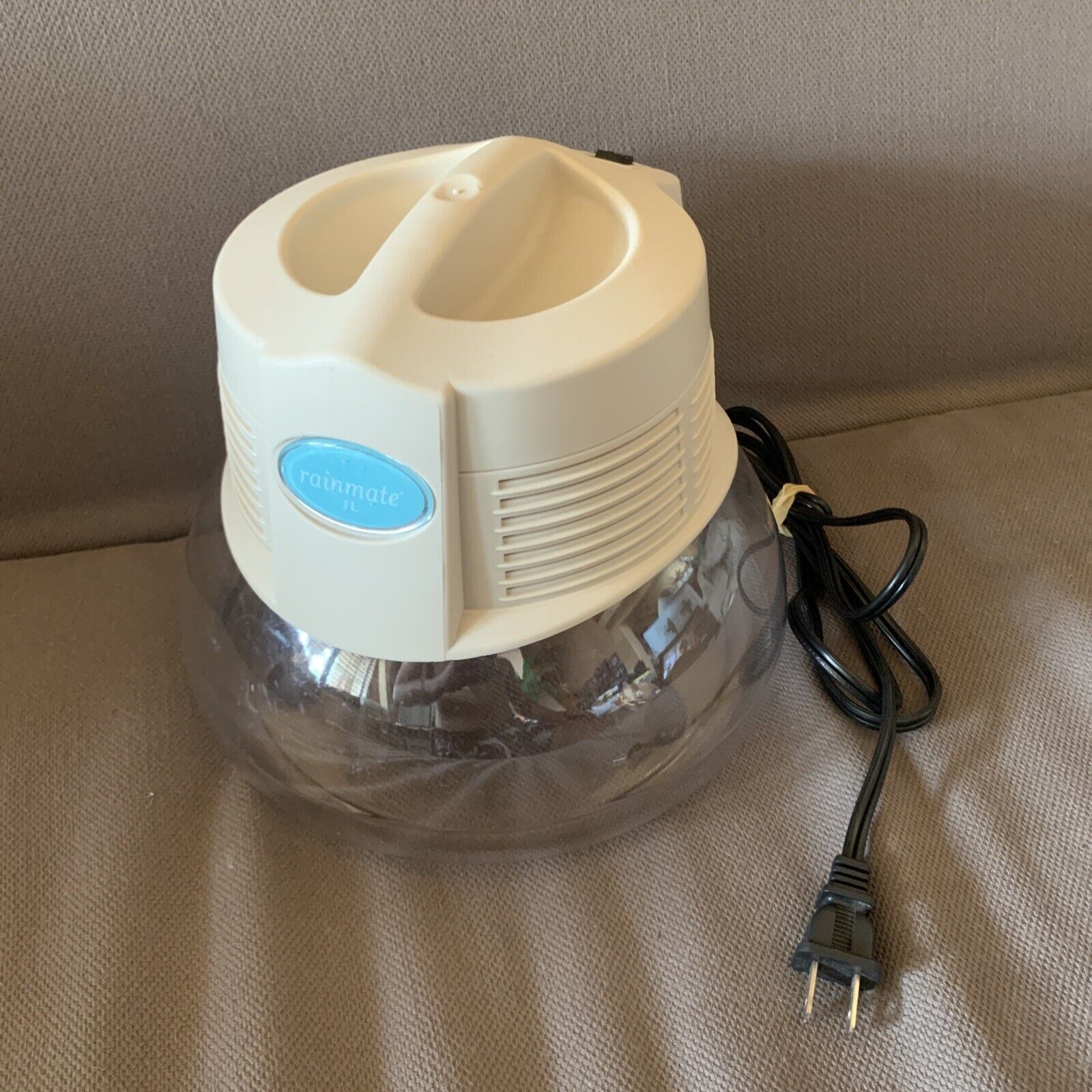
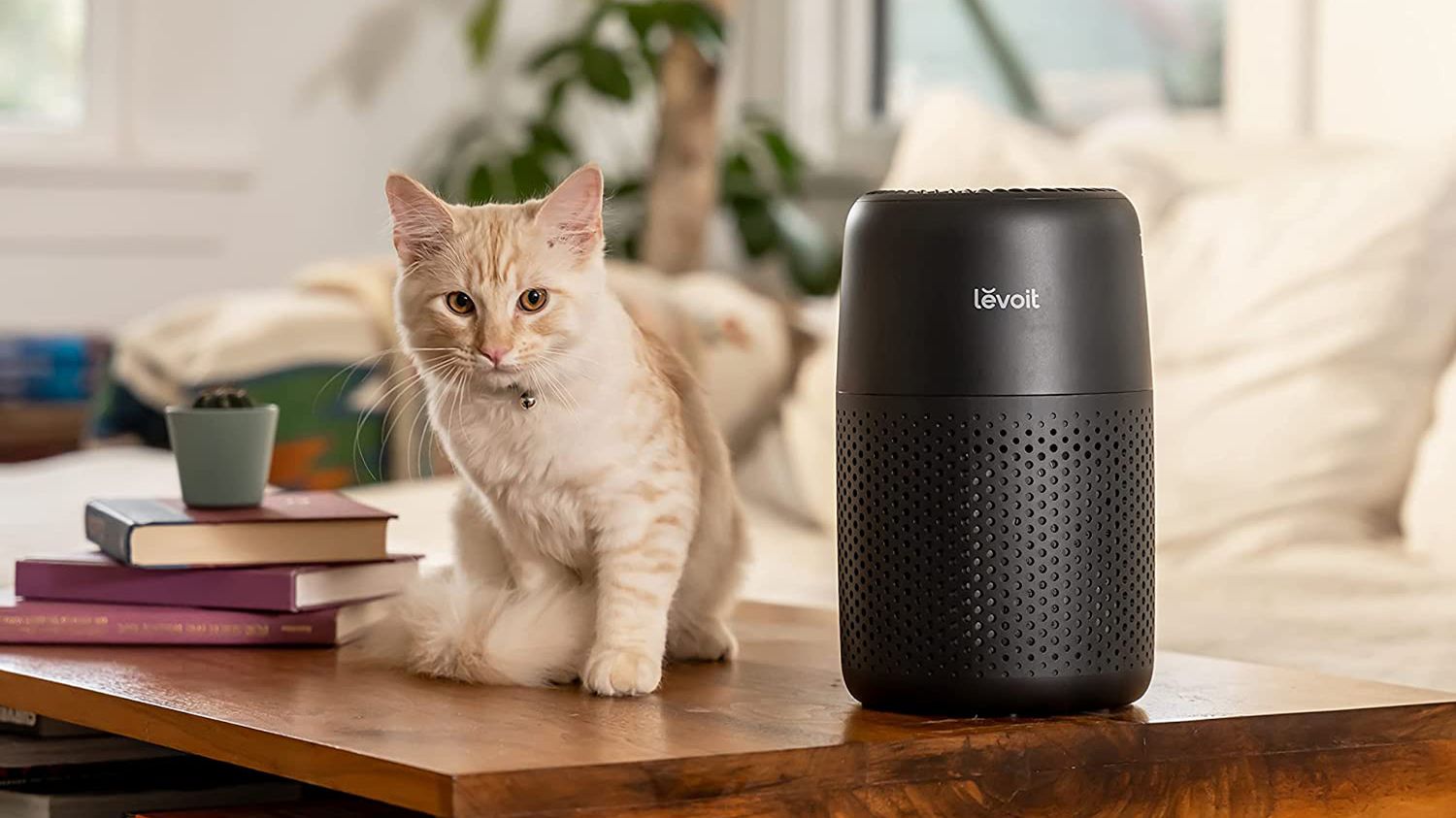
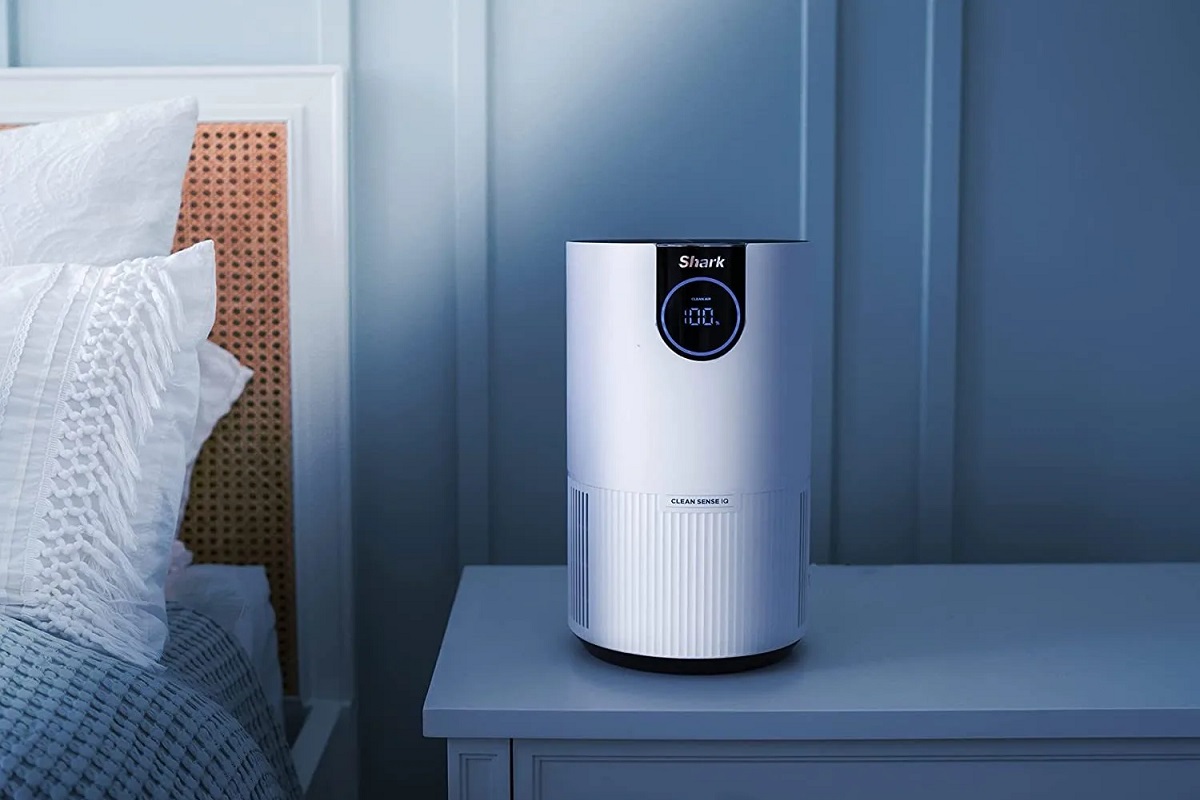
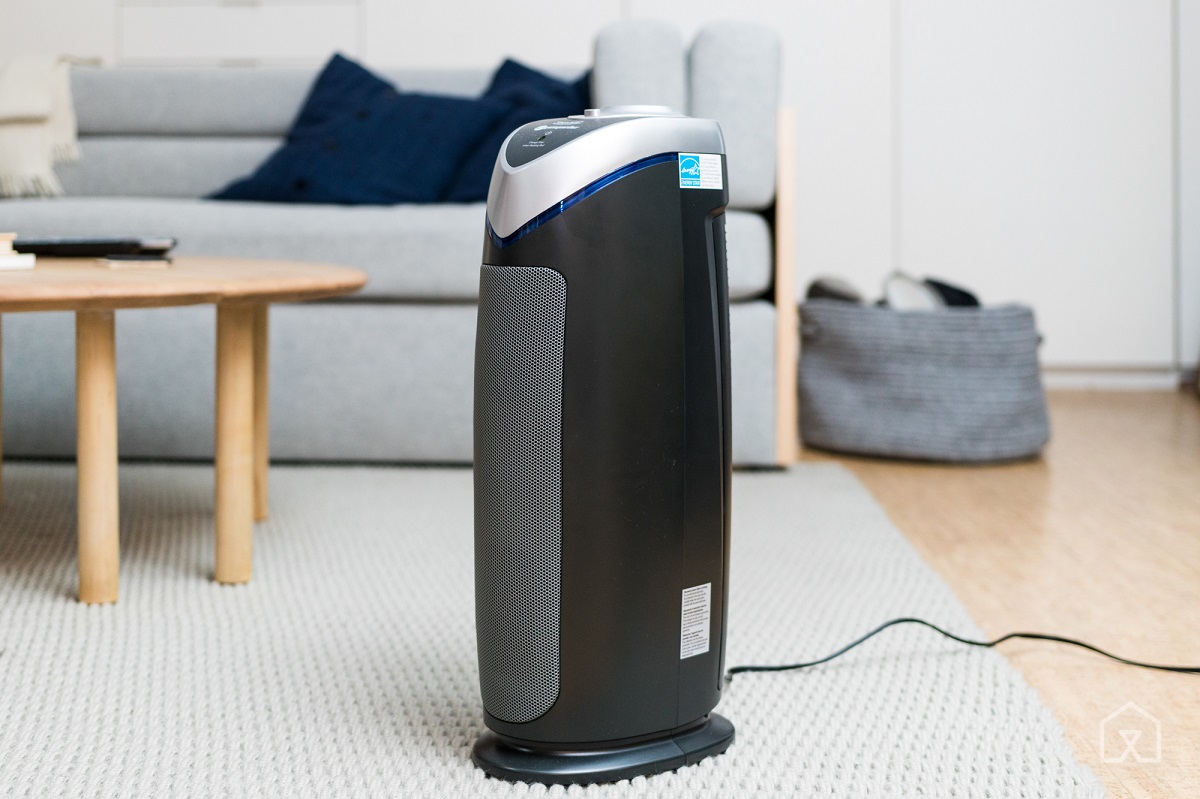
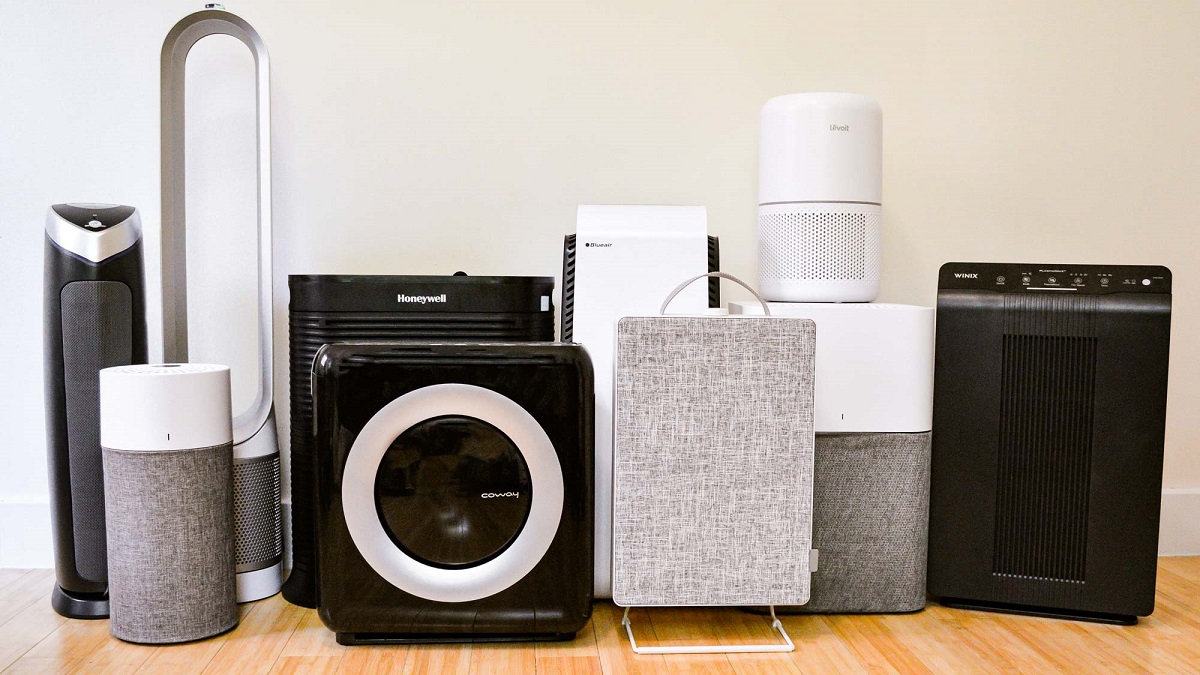
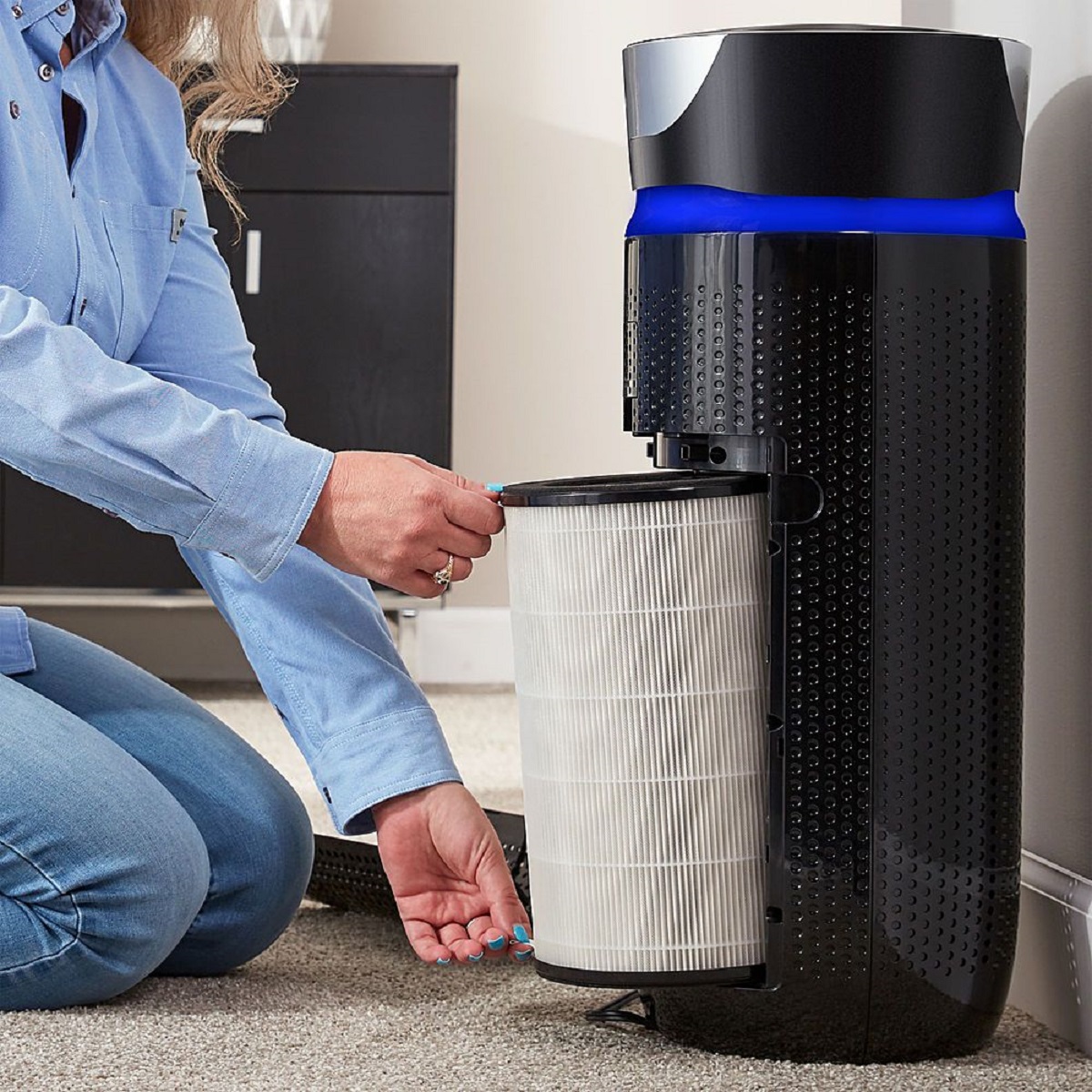
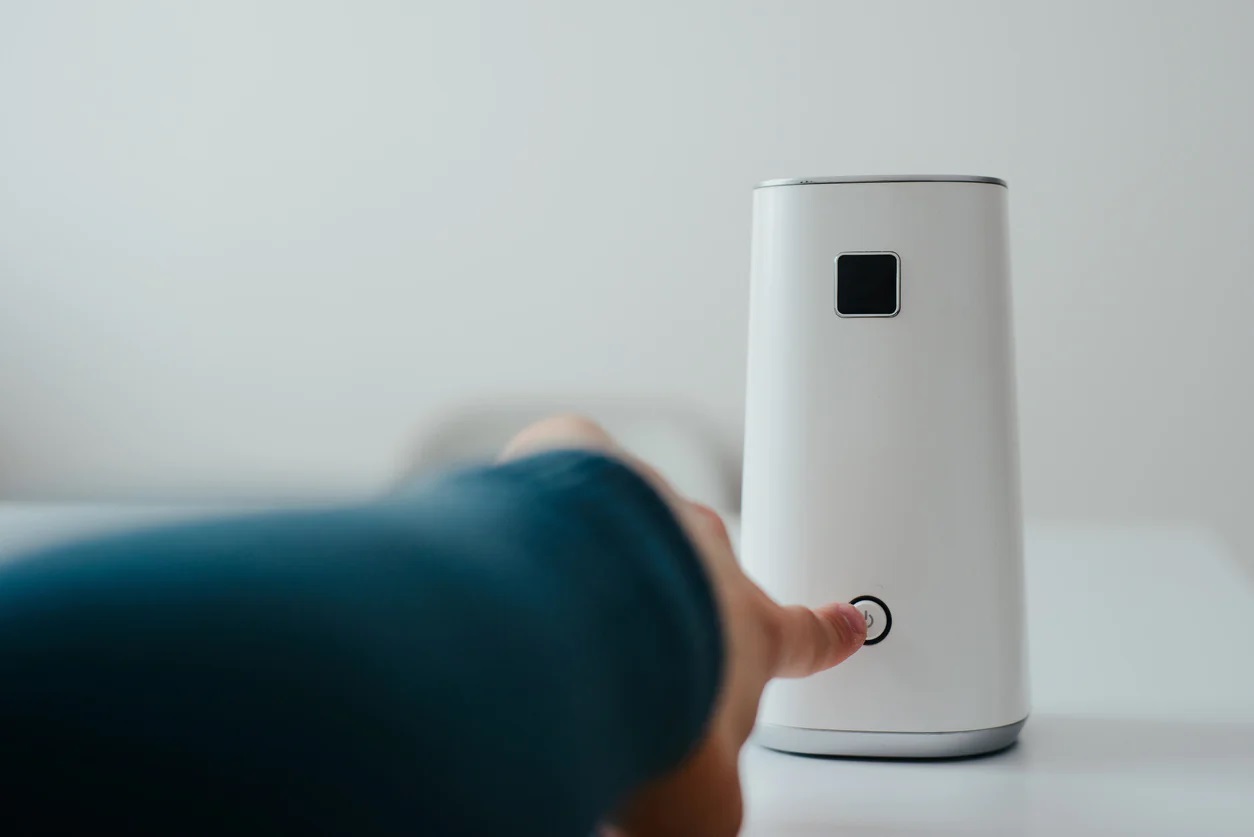
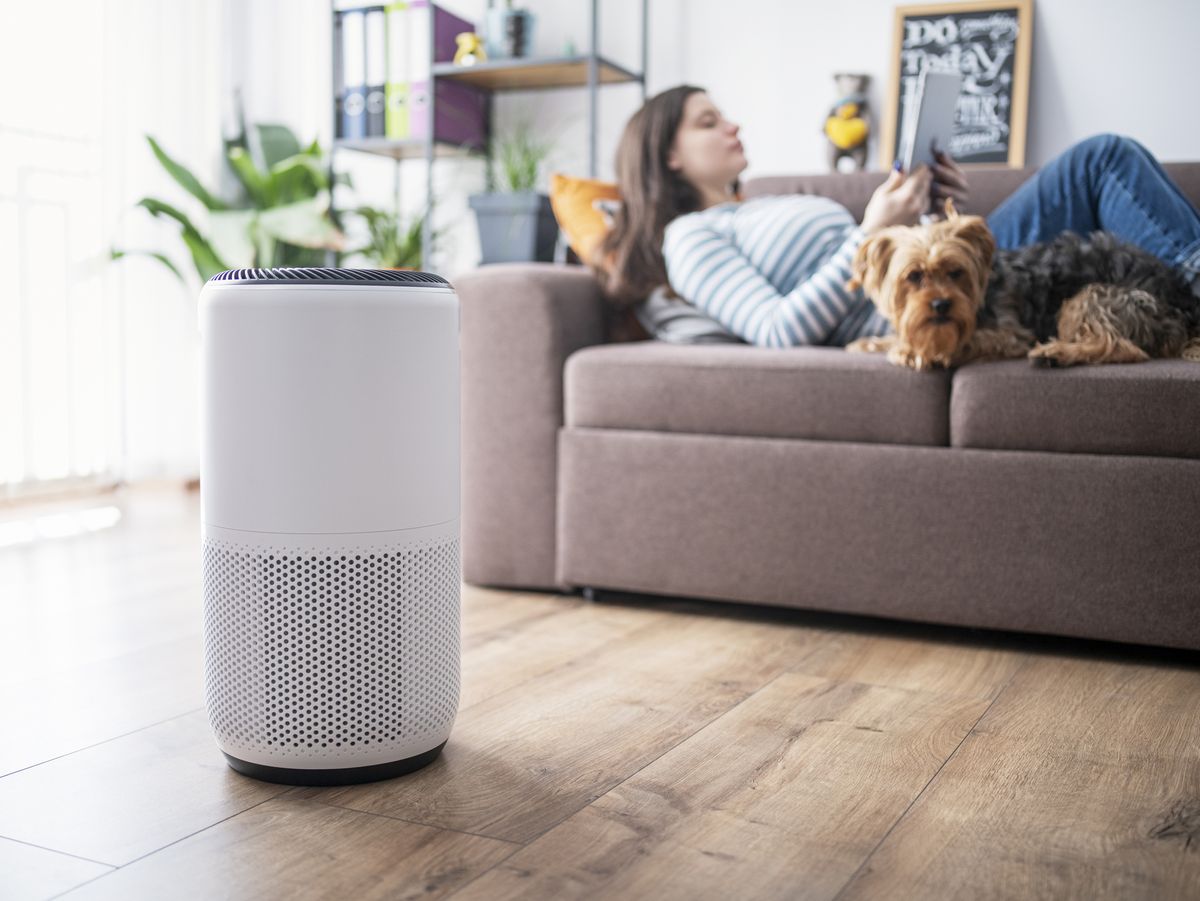
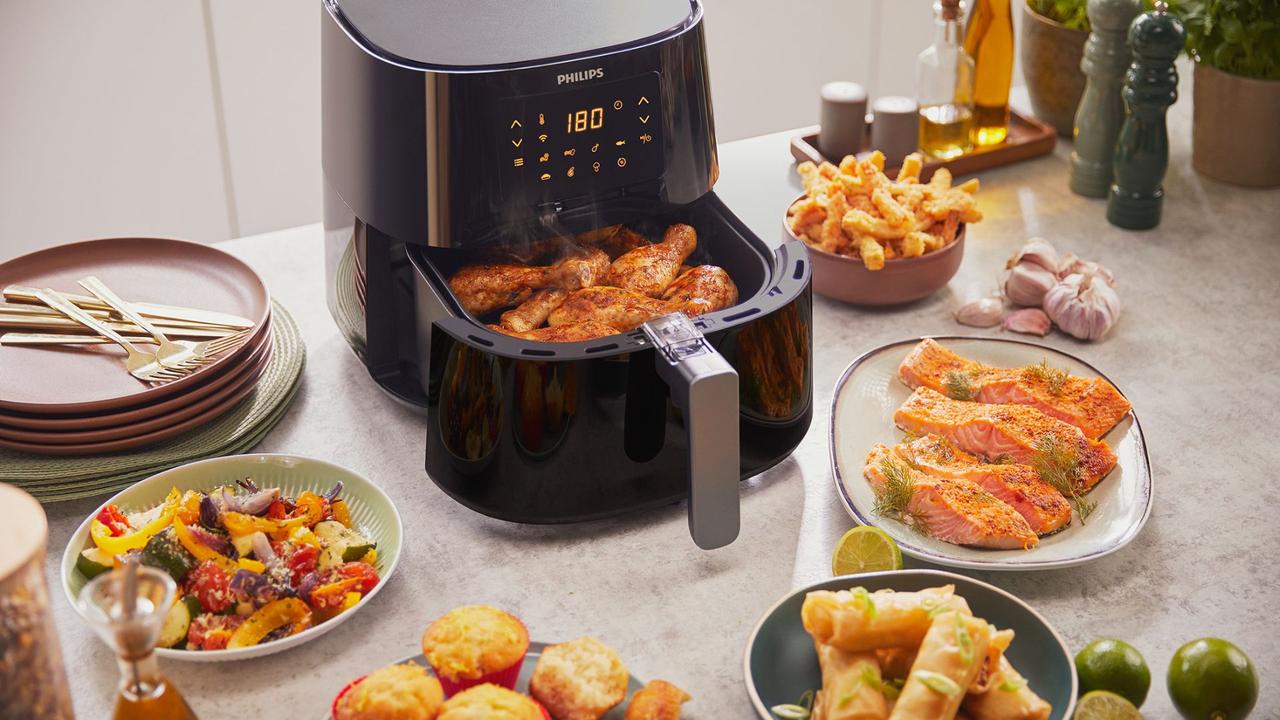
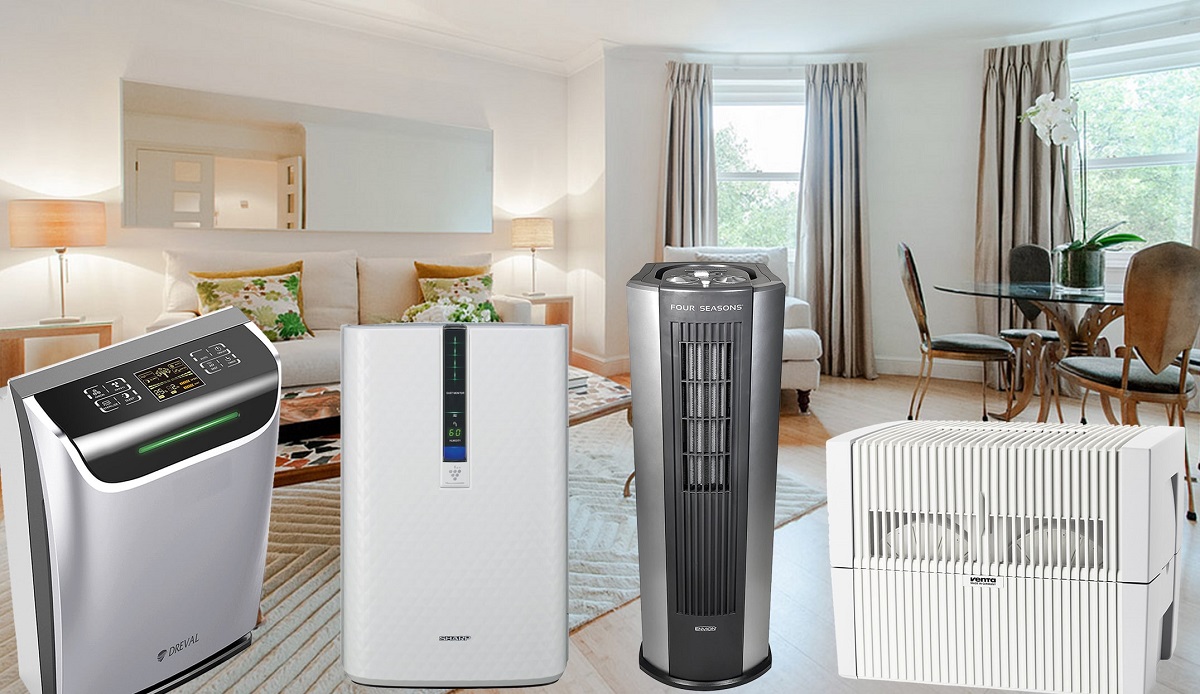
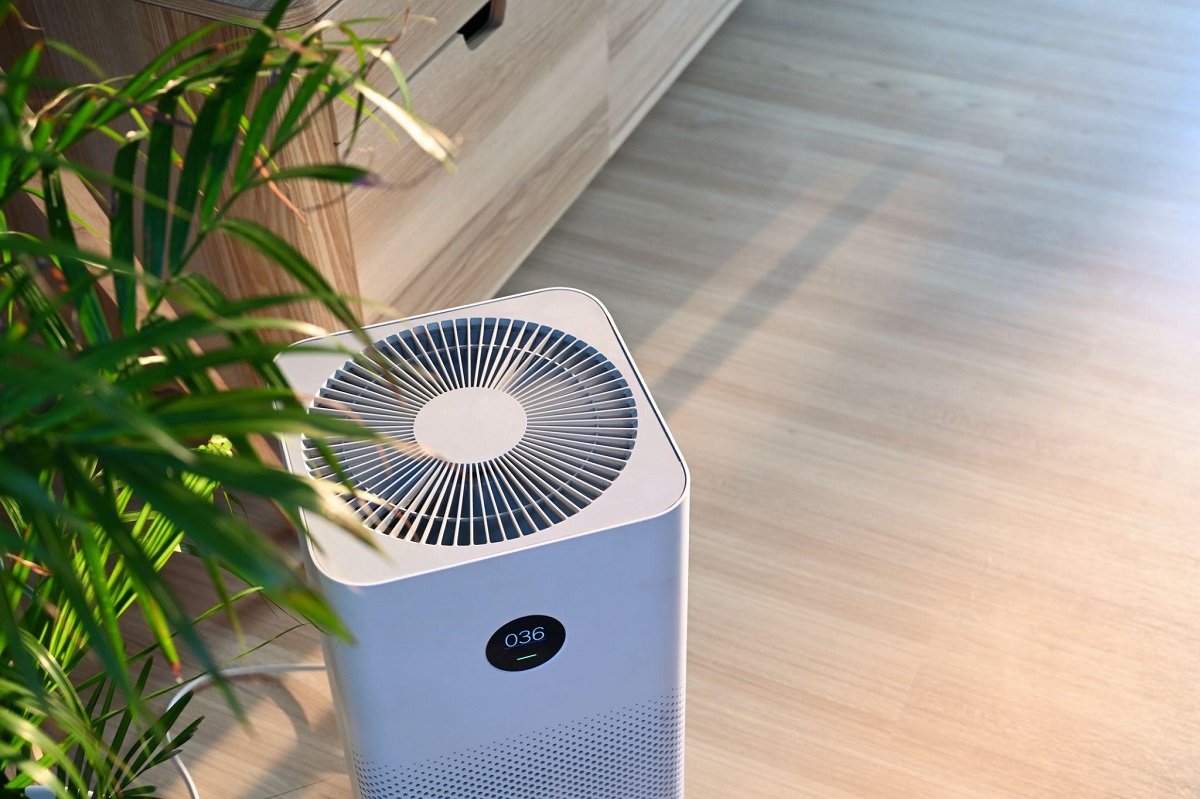
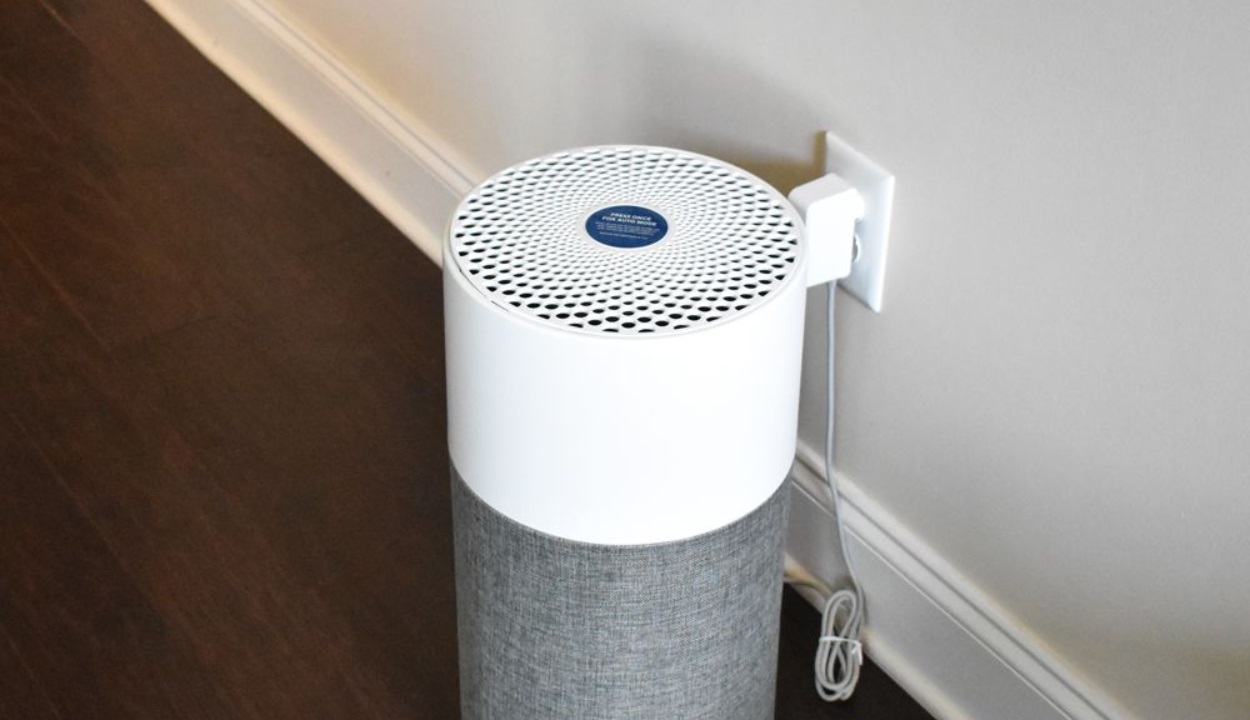
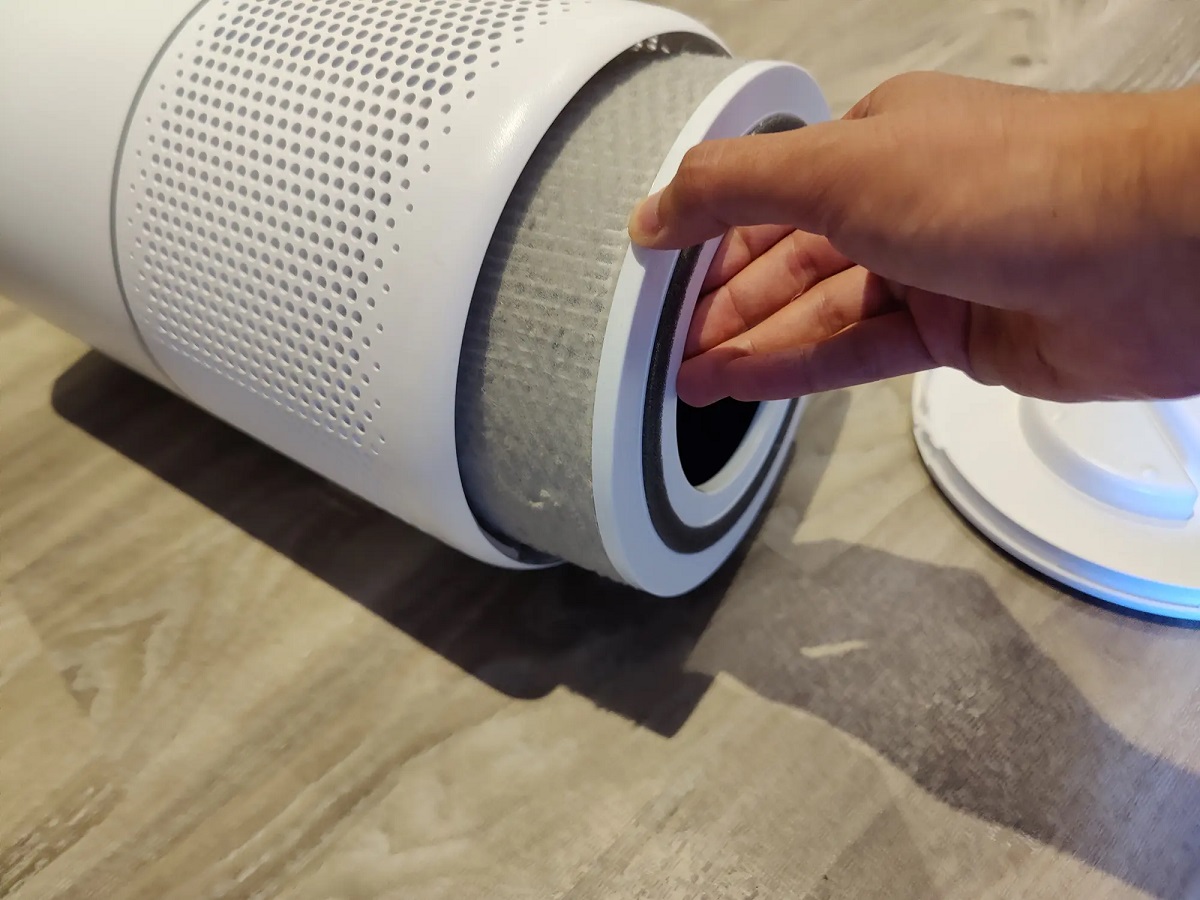
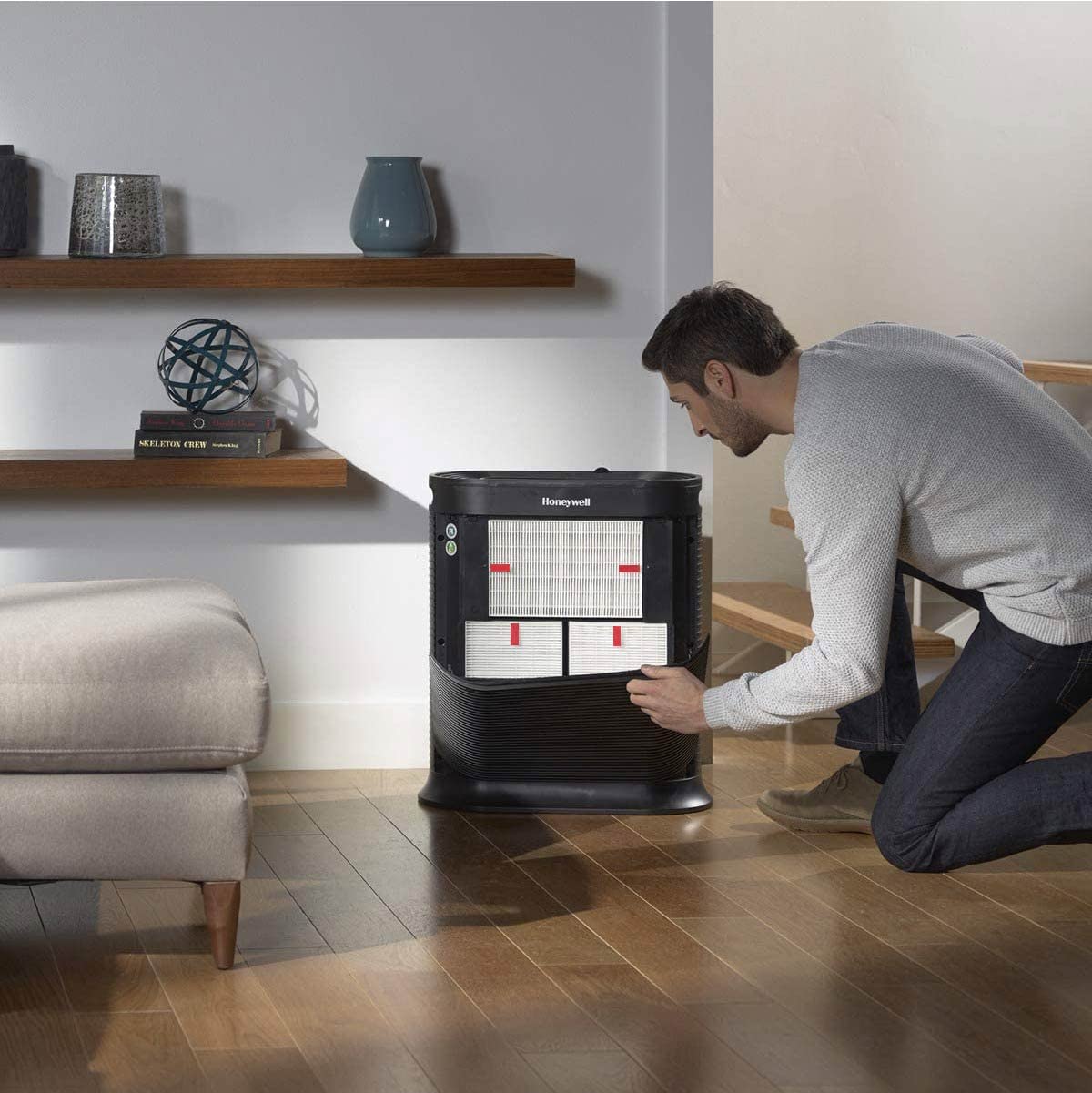

0 thoughts on “Why Use An Air Purifier”